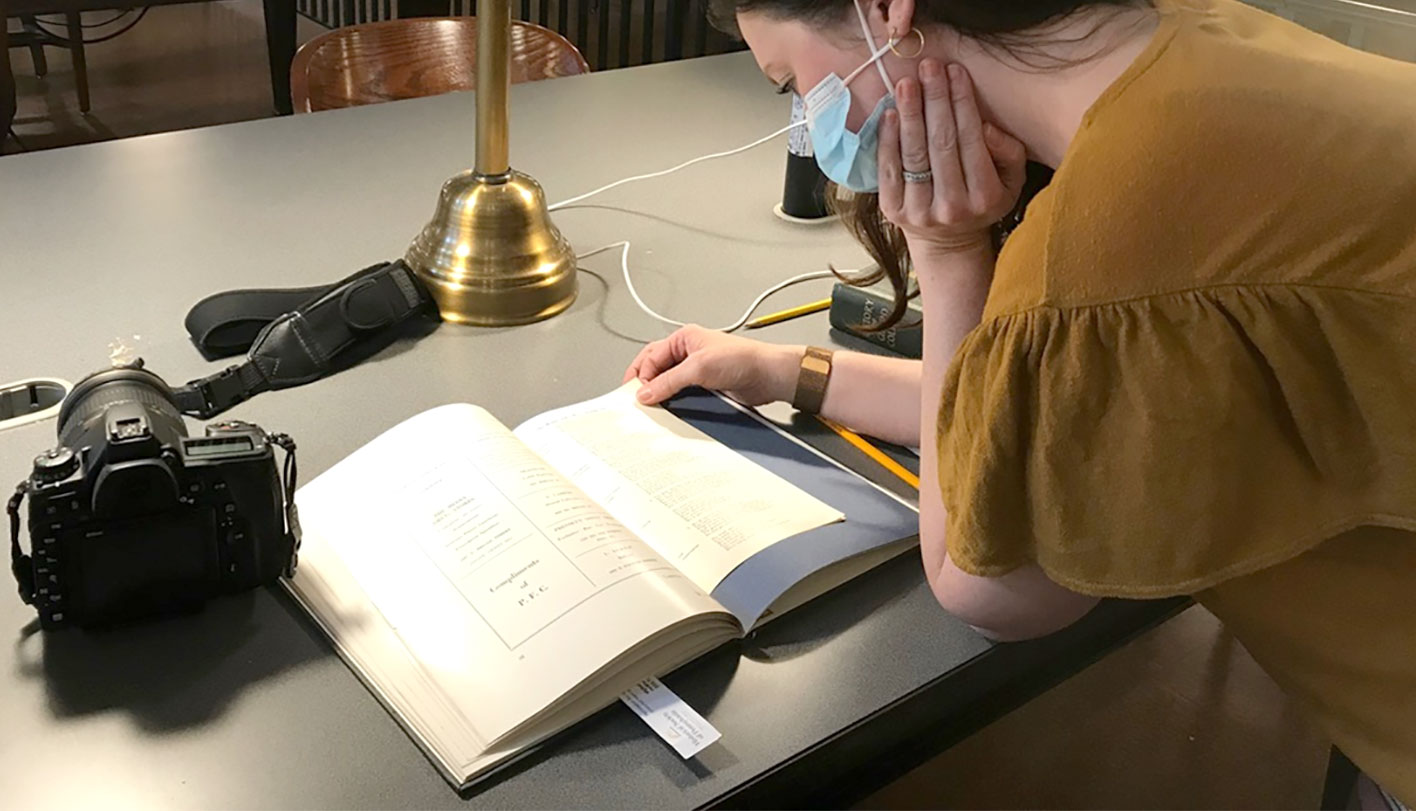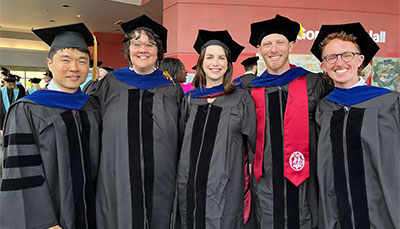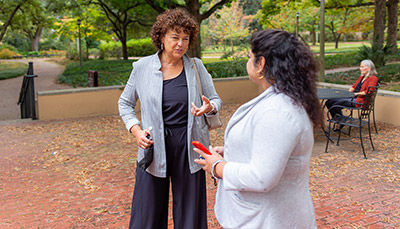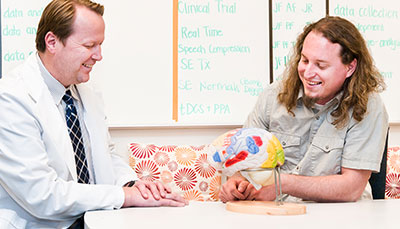Anthropology, Ph.D.
College of Arts and Sciences
Get advanced experience in anthropology as you prepare to lead research programs, contribute to discoveries and teach, with a focus in all major subfields of anthropology.
Enjoy small cohorts with guaranteed funding through assistantships, and attend national conferences with faculty members. We offer flexible courses in basic and advanced theory and method, substantive knowledge areas, research design, data analysis and interpretation, and practical field skills. You'll also have a faculty mentor to help you succeed.
Program Highlights
-
Broad Scope
Train in broad social theory as well as interdisciplinary, anthropological discourses for a well-rounded education.
-
Authentic Experiences
Find rich opportunities for research through ethnographic and archaeological field schools locally and abroad.
-
Hands-on Training
Gain experience through authentic simulations and laboratory classes in artifacts and material culture.
-
Ethics-Based
Engage in four subfield anthropology perspectives, and gain extensive training in research ethics.
Building Skills
Gain the professional and personal intelligence it takes to have a successful career.
-
Field Research
Gathering firsthand data and insights through direct observation and investigation in real-world settings
Communication
Exchanging information and ideas through speaking, writing or other means of expression
Intercultural Competence
Developing the skills to communicate effectively and work collaboratively across cultures
-
Laboratory Research
Conducting experiments and analyzing data to gain new knowledge and insights in a scientific field
Problem Solving
Identifying, analyzing and resolving problems or challenges using creative and effective strategies
Data Analysis
Examining and interpreting information to uncover insights and inform decision making
Using your degree
Make your college experience the foundation for a successful future.
Learn how alumni use degrees with outcome data from Gamecock GradStats, a service of the University of South Carolina Career Center.
Potential Careers
- College Professor
- Coroner Technician
- Data Analyst
- Exhibit Arranger
- Field Archaeologist
- Lab Technician
Job Titles of Alumni
- Archaeologist
- Cultural Anthropologist
- Science & Technology Policy Fellow
- Lecturer
Workplace Settings
- Education
- Business
- Museums
- Nonprofits
Employers of Alumni
- University of South Carolina
- Federal Emergency Management Agency (FEMA)
- Cultural Resource Analysts, Inc.
- Office of the Assistant Secretary for Planning and Evaluation
- U.S. Forest Service
- AAAS









